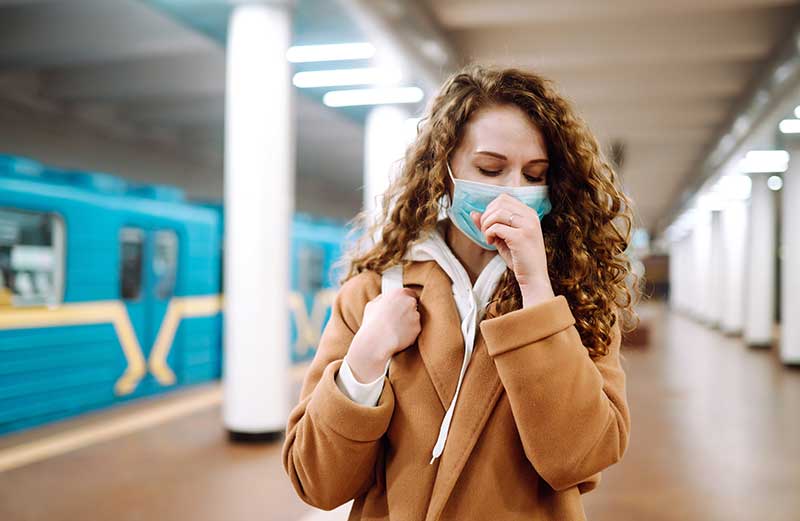Acute upper respiratory infections (URIs) are common and frequently cause discomfort and inconvenience. Symptoms include sneezing, wheezing, and congestion. Although these infections are typically mild and self-limiting, gaining a comprehension of their causes, symptoms, and treatment can help us navigate them more effectively. This blog will explain acute upper respiratory infections and their prevention and treatment.
Acquiring Knowledge of Acute Upper Respiratory Infections
Viruses and occasionally bacteria can cause acute upper respiratory tract infections. Among the most prevalent viruses that cause URIs are the rhinovirus, adenovirus, influenza virus, and coronavirus. These viruses are highly contagious and can be transmitted through direct contact, droplets in the air, and contacting contaminated surfaces.
Acute Upper Respiratory Infections Symptoms
The onset of URI symptoms can range from mild to moderate and typically occurs a few days after exposure to the causative agent. Common symptoms consist of:
- Sneezing and Runny or Congested Nose: Excessive sneezing and a runny or congested nose are early indicators of an acute URI. Typically, a clear or slightly discolored nasal discharge accompanies these symptoms.
- A persistent dry or productive cough is another symptom of an acute URI. Coughing is the body’s attempt to rid the airways of mucus and irritants.
- Due to the inflammation induced by the infection, a scratchy or sore throat may develop. This symptom can cause difficulty ingesting and speaking.
- Fatigue and malaise are common side effects of the immune response to an infection. Rest is necessary for the recuperating process.
- Mild headaches and body pains are frequently associated with viral infections and may be experienced by some individuals.
- Fever: Although not all URIs produce fever, certain viruses, such as the influenza virus, can cause a rise in body temperature. Typically, fever indicates that the body is combating an infection.
Administration and Treatment
- Rest and Hydration: Rest and hydration are necessary for a speedy recovery. Consuming fluids aids in thinning mucus and prevents dehydration.
- Nonprescription medications, including pain relievers (e.g., acetaminophen, ibuprofen), can alleviate symptoms such as fever, headache, and body aches. Antihistamines and decongestants can help relieve nasal congestion and sneezing, but they should be used with caution and according to the instructions on the packaging.
- Saline Nasal Sprays: Saline nasal sprays or rinses can provide relief from nasal congestion and irritation by moistening the nasal passages and promoting mucus clearance.
- Inhaling steam from a basin of hot water can help alleviate congestion and calm irritated airways. Be careful when handling boiling water to prevent burns.
- Warm saline gargling can alleviate sore throat symptoms by reducing inflammation and eliminating bacteria.
Prevention Methods
Adopting healthful habits and minimizing exposure to potential pathogens is required to prevent acute URIs:
- Hand Hygiene: Regular handwashing for at least 20 seconds with detergent and water can significantly reduce the risk of viral transmission.
- Avoid Close Contact: Limit contact with ill individuals and maintain a safe distance from those exhibiting acute URI symptoms.
- Vaccination: Vaccines against certain viruses that induce URIs are available, including the influenza vaccine. Keeping up-to-date with vaccinations can protect against certain common viral infections.
- Avoid contacting Face: Refrain from contacting your eyes, nose, and mouth with unwashed hands to prevent the spread of germs from contaminated surfaces.
The conclusion
Upper respiratory infections are a common occurrence, but comprehending their causes, symptoms, and treatment enables us to take better care of ourselves and others. By practicing proper hygiene, adopting healthy habits, and pursuing appropriate medical care when necessary, we can mitigate the effects of these infections and foster a healthier community. Remember that rest, hydration, and self-care are essential for recovering from an acute URI and averting its spread.



